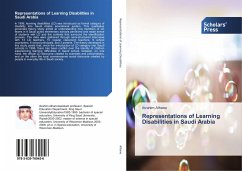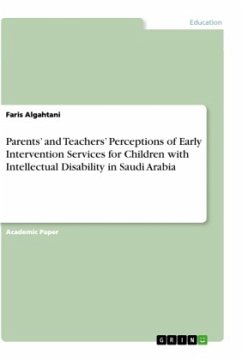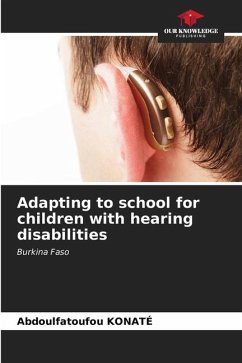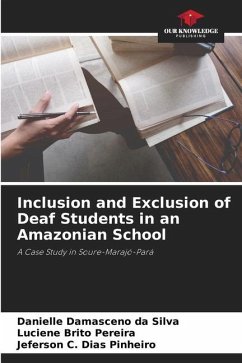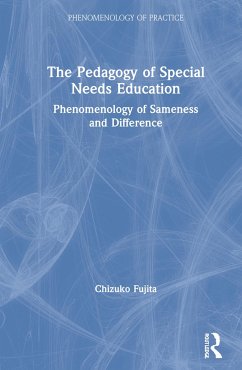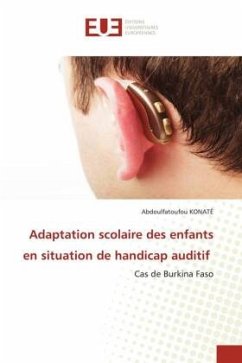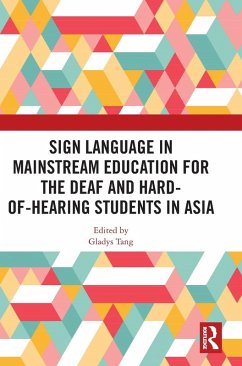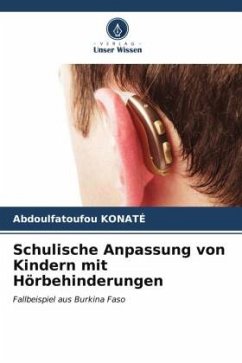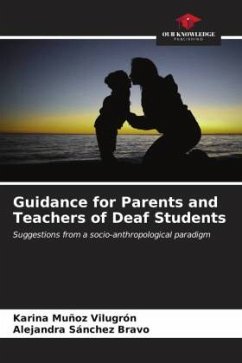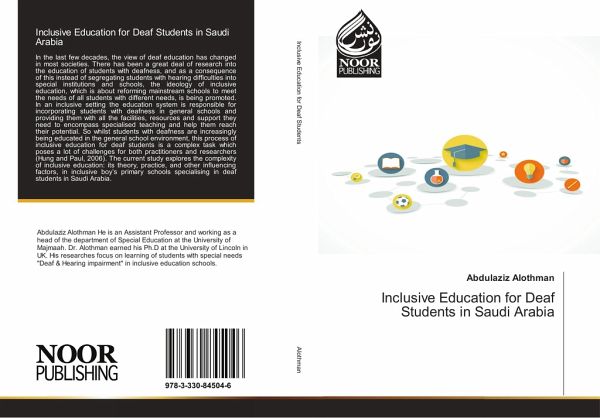
Inclusive Education for Deaf Students in Saudi Arabia
Versandkostenfrei!
Versandfertig in 6-10 Tagen
53,99 €
inkl. MwSt.

PAYBACK Punkte
27 °P sammeln!
In the last few decades, the view of deaf education has changed in most societies. There has been a great deal of research into the education of students with deafness, and as a consequence of this instead of segregating students with hearing difficulties into special institutions and schools, the ideology of inclusive education, which is about reforming mainstream schools to meet the needs of all students with different needs, is being promoted. In an inclusive setting the education system is responsible for incorporating students with deafness in general schools and providing them with all t...
In the last few decades, the view of deaf education has changed in most societies. There has been a great deal of research into the education of students with deafness, and as a consequence of this instead of segregating students with hearing difficulties into special institutions and schools, the ideology of inclusive education, which is about reforming mainstream schools to meet the needs of all students with different needs, is being promoted. In an inclusive setting the education system is responsible for incorporating students with deafness in general schools and providing them with all the facilities, resources and support they need to encompass specialised teaching and help them reach their potential. So whilst students with deafness are increasingly being educated in the general school environment, this process of inclusive education for deaf students is a complex task which poses a lot of challenges for both practitioners and researchers (Hung and Paul, 2006). The current study explores the complexity of inclusive education: its theory, practice, and other influencing factors, in inclusive boy's primary schools specialising in deaf students in Saudi Arabia.



